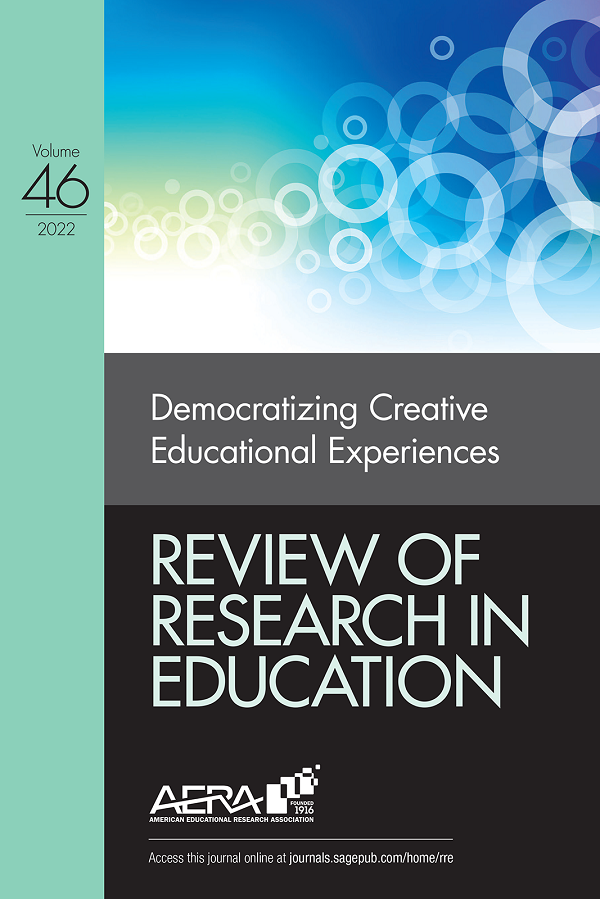聋人教育的循证实践:呼唤中心——聋人经历的研究与评价
IF 2.4
1区 教育学
Q1 EDUCATION & EDUCATIONAL RESEARCH
引用次数: 4
摘要
由于缺乏支持聋生教育干预的“金标准”研究,聋生教育介入的证据基础一直受到质疑,并将继续受到质疑。然而,聋人教育研究的匮乏不仅在于符合严格标准的研究数量,还在于缺乏对以聋人为中心的观点的关注,以及对该领域研究结果强度的推断。本章使用以聋人为中心的视角来研究什么构成证据,如何获得证据,以及这些信息如何支持这一人群的学术成果。我们包括文献中的例子,以检查对研究人员、研究设计和可访问传播的影响,并特别注意研究抽样和测量考虑。以聋人为中心的研究标准包括(a)整合聋人研究人员和认识论,(b)关注聋人学生的特点,以及(c)承认根源和系统因素。本章中的建议补充了正在进行的关于教育研究工作中边缘化人群的文化反应和代表性的更广泛对话。本文章由计算机程序翻译,如有差异,请以英文原文为准。
Evidence-Based Practices in Deaf Education: A Call to Center Research and Evaluation on the Experiences of Deaf People
The evidence base for educational interventions for deaf students has been, and continues to be, called into question due to a lack of “gold standard” research available to support it. Yet the paucity of research in deaf education is not only in the volume of research that meets rigorous standards but also in its lack of attention to and inclusion of a deaf-centered perspective on the inferences made about the strength of study findings in the field. This chapter uses a deaf-centered lens to examine what constitutes evidence, how it is gained, and how this information supports academic outcomes for this population. We include examples from the literature to examine implications for research personnel, study design, and accessible dissemination, with specific attention to both study sampling and measurement considerations. Considerations for deaf-centered research criteria include (a) integrating deaf researchers and epistemologies, (b) attending to the characteristics of deaf students, and (c) acknowledgment of root causes and systems factors. The recommendations in this chapter supplement the larger ongoing dialogue regarding the cultural responsiveness and representation of marginalized populations within the education research endeavor.
求助全文
通过发布文献求助,成功后即可免费获取论文全文。
去求助
来源期刊

Review of Research in Education
EDUCATION & EDUCATIONAL RESEARCH-
CiteScore
15.70
自引率
0.00%
发文量
14
期刊介绍:
Review of Research in Education (RRE), published annually since 1973 (approximately 416 pp./volume year), provides an overview and descriptive analysis of selected topics of relevant research literature through critical and synthesizing essays. Articles are usually solicited for specific RRE issues. There may also be calls for papers. RRE promotes discussion and controversy about research problems in addition to pulling together and summarizing the work in a field.
 求助内容:
求助内容: 应助结果提醒方式:
应助结果提醒方式:


